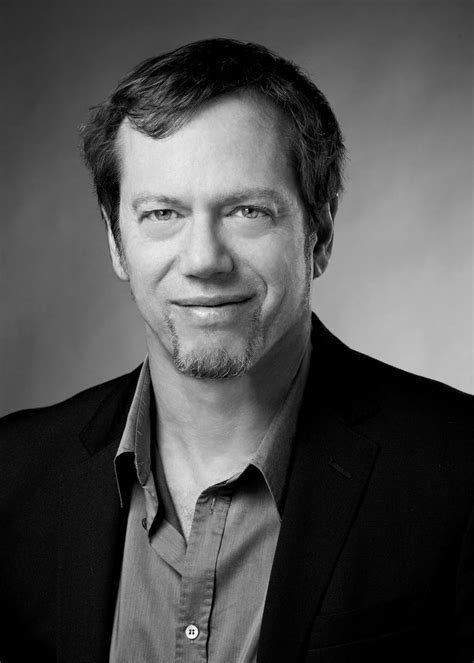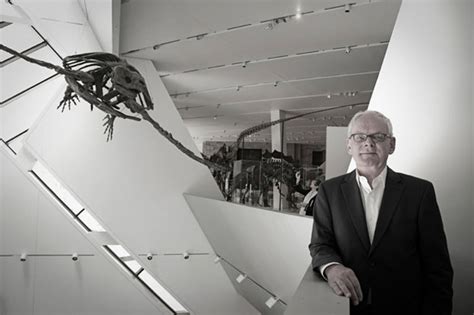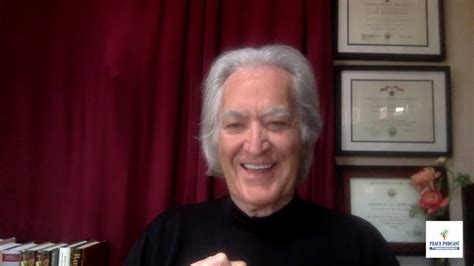A Quote by Robert A. Burton
Good science requires distinguishing between "felt knowledge" and knowledge arising out of testable observations. "I am sure" is a mental sensation, not a testable conclusion. Put hunches, gut feelings, and intuitions into the suggestion box. Let empiric methods shake out the good from bad suggestions.
Related Quotes
We want to be known for having original ideas, inspired hunches, and gut feelings that make a difference. Indeed, a "well-honed sixth sense"' is considered a measure of the good clinician. But being a good doctor also requires sticking with the best medical evidence, even if it contradicts your personal experience. We need to distinguish between gut feeling and testable knowledge, between hunches and empirically tested evidence.
In the evolution of knowledge-mistaken and unnecessary beliefs are forced out and supplanted by truer and more necessary knowledge. So too in the evolution of feelings, which takes place by means of art. Lower feelings-less kind and less needed for the good of humanity-are forced out and replaced by kinder feelings which better serve us individually and collectively. This is the purpose of art.
There are people who put their dreams in a little box and say, 'Yes, I've got dreams, of course I've got dreams.' Then they put the box away and bring it out once in awhile to look in it, and yep, they're still there. These are great dreams, but they never even get out of the box. It takes an uncommon amount of guts to put your dreams on the line, to hold them up and say, 'How good or how bad am I?' That's where courage comes in.
Memory is knowledge; character is the box of values and habits in which our knowledge knocks around. People with a lot of knowledge thrown together in a box that encourages social intercourse and experimentation tend to come up with good ideas, which are the engine of change. Think of Silicon Valley in California, or Oxbridge in the United Kingdom.



































